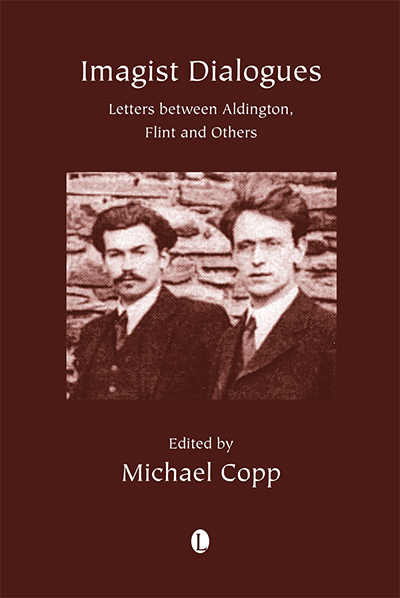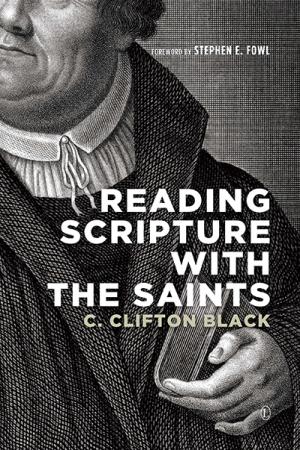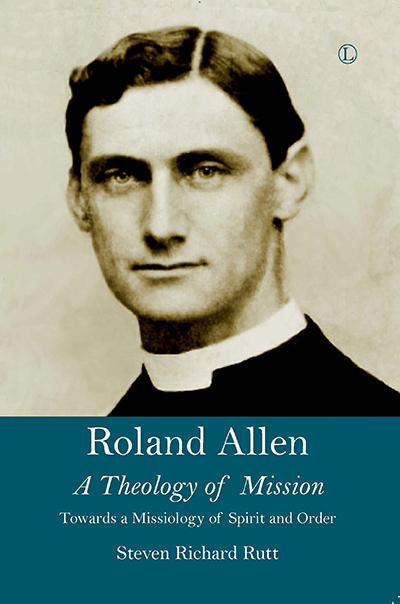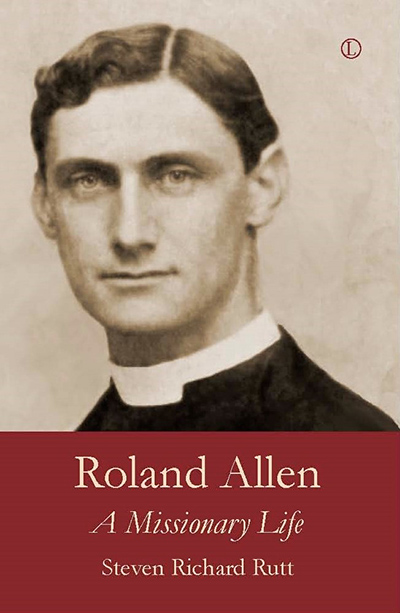
Imagist Dialogues: Letters between Aldington, Flint and Others
By Michael Copp (editor)
A fascinating collection of annotated letters offering new insight into the development of early 20th-century modernism, particularly in the Imagist movement.
Description
In this book Michael Copp introduces and annotates a collection of letters, almost all unpublished, documenting the lives, concerns and ambitions of many of the leaders of early 20th century literary modernism during the crucial period around the First World War.
The names of Ezra Pound, Robert Frost, T. E. Hulme, Ford Madox Ford, H.D., Amy Lowell, and Harriet Monroe stand out for their stature while creating the perfect background to the in-depth analysis of two English Imagist poets: Richard Aldington and F.S. Flint.
The letters here gathered span exactly sixteen years, from 1909 to 1925, thus covering the time when early Anglo-American literary modernism developed its identity and both Aldington and Flint played an important role in the Imagist circle.
Thanks to his judicious selection of letters, his scholarly commentary and informative footnotes, Copp makes a valuable contribution to the scholarship of this period, the Imagist movement and its protagonists.
This book would appeal to undergraduate students attending courses in early twentieth century literature, modernism and Imagism.





